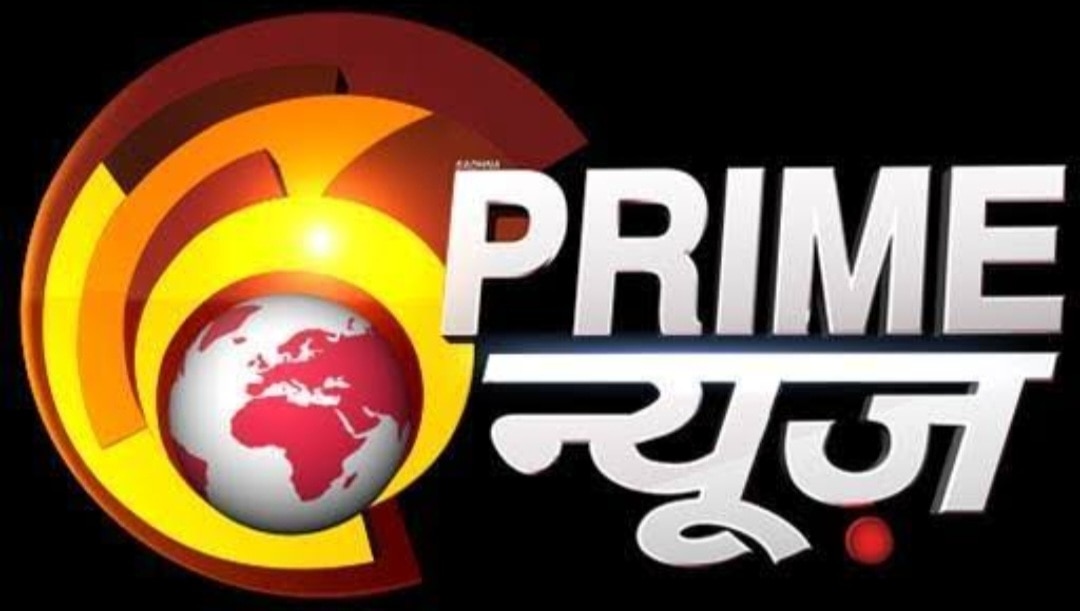PhD Journalism
Eligibility : Four year graduation degree by research or Master’s degree in related discipline with minimum 55% marks
- Duration : 3 years
- Admission Criteria : Shoolini University's multiple choice entrance test, and assessment of research aptitude through concept note & faculty interaction
PhD Journalism (3 years) at Shoolini University emphasises on research and teaching skills. Scholars are encouraged to develop their own approach (both theoretical and methodological) to the study of journalism, while learning and collaborating with faculty who have a diverse range of specialties.
Through this doctoral degree, they gain a solid foundation while exploring the theories and methods that shape mass communication research. The multidisciplinary program studies traditional journalism, the expanding boundaries of the industry, including the audience’s impact on news production, social media’s role in news, the new technologies shaping practice, and more.
Veteran and practicing journalist Vipin Pubby is the mentor for the Journalism department at Shoolini University. He has over 40 years of experience and is the former Editor of The Indian Express.
As research is an integral part of our doctoral program, students participate in the department’s research and teaching missions through their assignments as research assistants, teaching assistants and graduate instructors.
Key Highlights
- Shoolini University offers a highly specialised Doctorate degree in Journalism
- Regular internships are available for students
- Guest lectures by highly acclaimed global experts
- International exchange opportunities
- Industry-oriented curriculum at par with global standards
- Placements with industry giants
Research Opportunities
- Academia
- Research
- Social Correspondence
- Publishing
- Marketing
- Social Sciences
- Multimedia
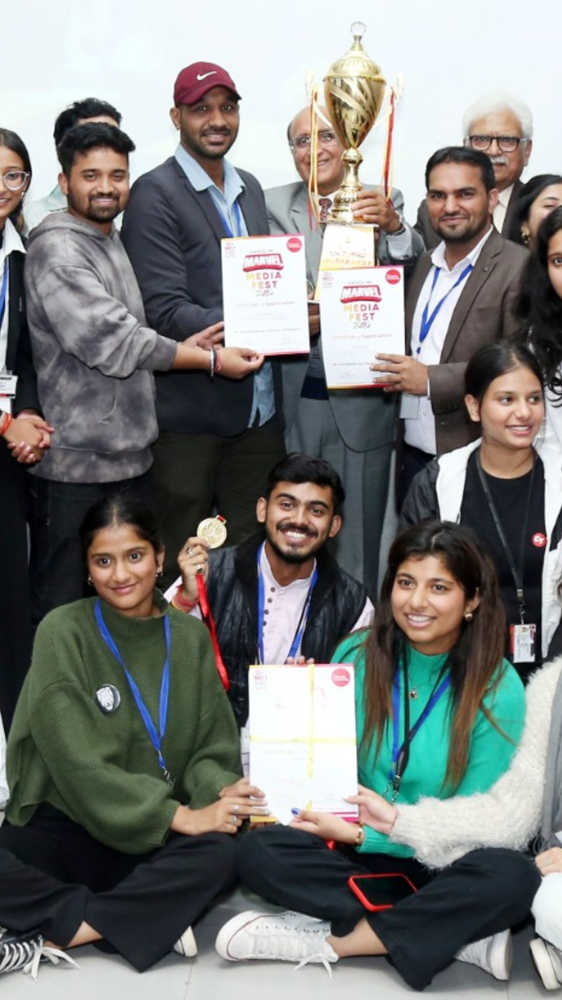
Media & Creators' Fest
Media Marvel Fest showcases talent, inspiring talks & Creators' Fest features influencers, tech discussions, & career insights.

In-House Production
Shoolini Newsletter and in-house productions like Shoolini TV, Shoolini Samvad, and Radio Shoolini, provide hands-on experience.
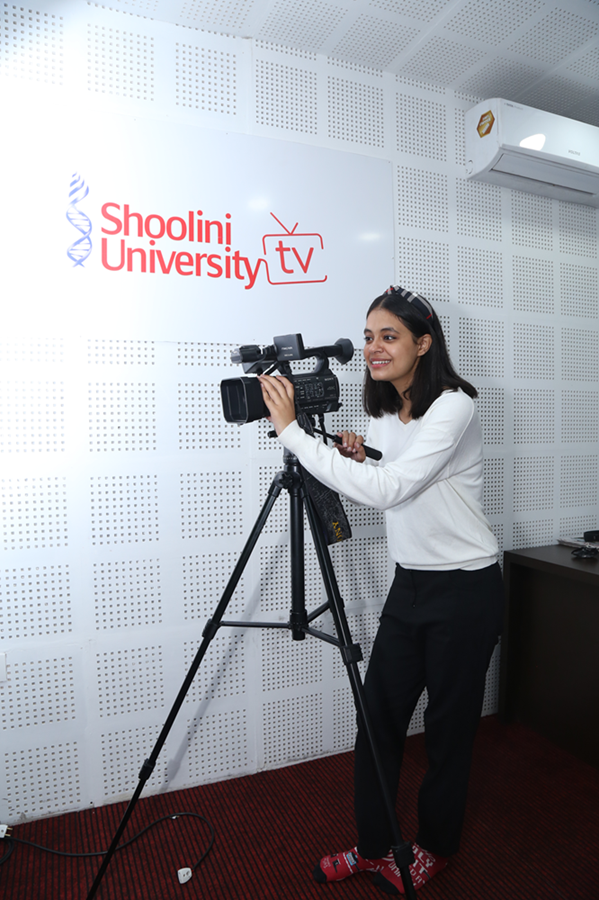
Internships & Placements
PTC Group, Hindustan Times, Times of India, The Indian Express, The Tribune, Dainik Bhaskar, Amar Ujala, TechThirsty.com.
PhD Journalism Career Opportunities
- Electronic Media
- Advertising Industry
- Digital Media
- Public Relations
- Print Media
- Research
- Content developer
- Broadcasting
Program Details
Top Faculty
Student Voices
Top Campus Recruiters
Some of the major companies that visit our campus and hire our graduates are:
Frequently Asked Questions
Why is PhD study important?
Enrolling in a PhD program helps you begin or continue research in the field you're passionate about. You can delve deeper, make new discoveries, improve conceptual tactics and apply those concepts through the research conducted. You can decide what to work on, how to work, and chart your journey with support and guidance from a supervisory team.
Can I do a PhD without a Master's degree?
Students with a minimum CGPA score of 7.5/10 in the four-year-undergraduate program (FYUP) will now be eligible for PhD admissions, without having to complete a master’s program, according to the new regulations on the award of PhD degree finalised by the University Grants Commission (UGC).
Do rankings matter for a PhD?
The institution's accreditation by appropriate agencies means the program meets high standards of academic excellence. However, other factors, such as the field of research, number of publications, collaborations, etc., are also considered.
Will a PhD enhance my career prospects?
Doctoral programs require intensive training in research methods. This includes interviews, surveys, questionnaires, clinical trials, and laboratory experiments. These skills are put into practice when the candidate conducts fieldwork for the dissertation. Skills gained in qualitative and quantitative research methodology and statistical analysis are transferable to non-academic research environments, particularly for industrial research. In addition, employers outside of academia seek individuals with sound research skills to carry out projects at think tanks and research institutes in both the private and government sectors.
Why should I pursue a PhD from Shoolini University
Shoolini University is India’s No.1 research university. It follows a unique One Student, One Patent policy that encourages all PhD students to focus on real research and innovation. The university has more than 104 modern labs to support your work. Shoolini researchers are also listed among the top 2% scientists in the world by Stanford University. With 250+ international collaborations, you can work with global experts and institutions.
Latest Blogs
Explore the latest insights and updates in our newest Shoolini University blogs!
Still have Queries? Contact Us
Please fill in the form and an expert from the admissions office will call you in the next 4 working hours.





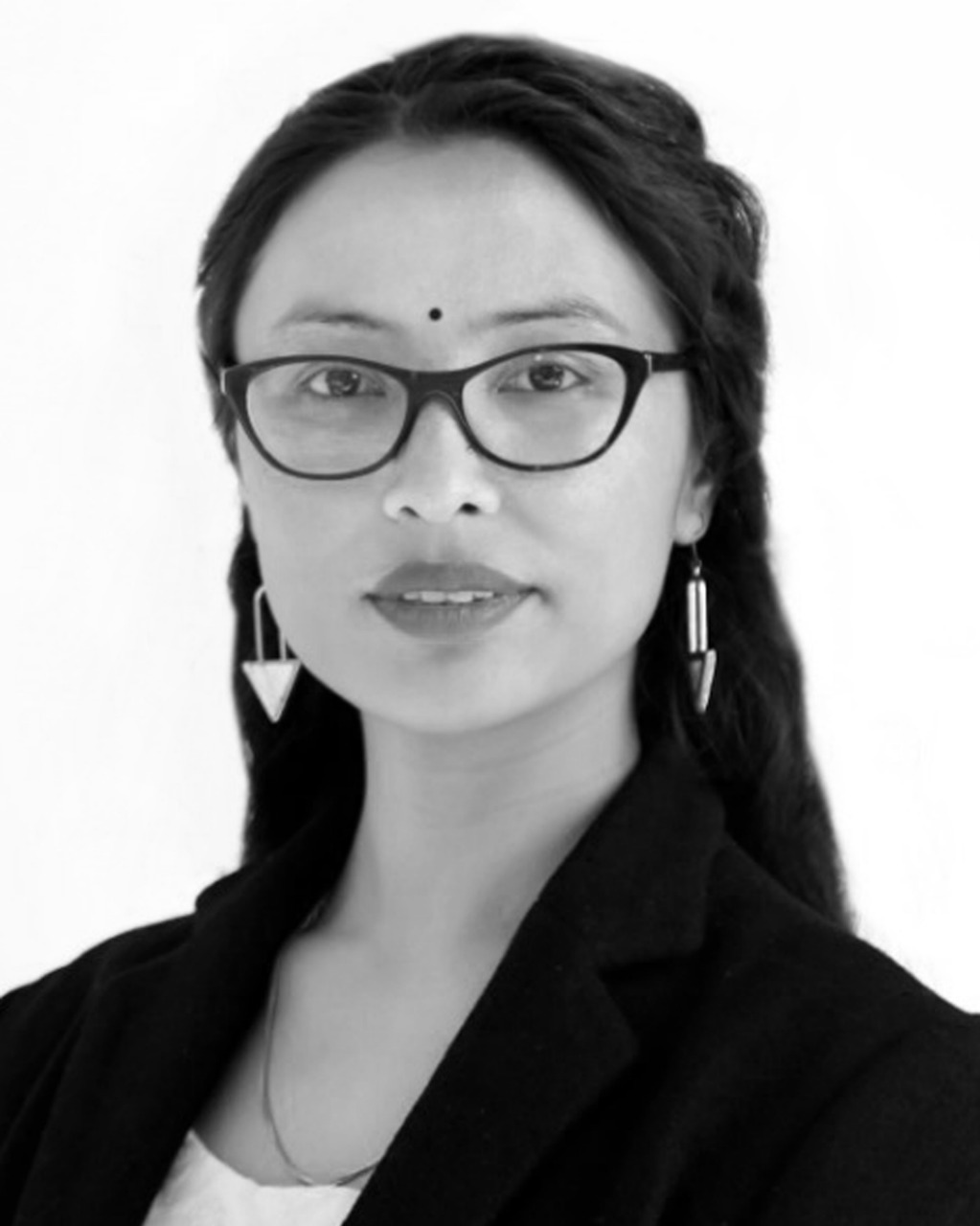
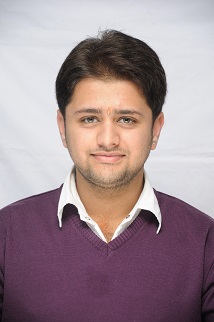
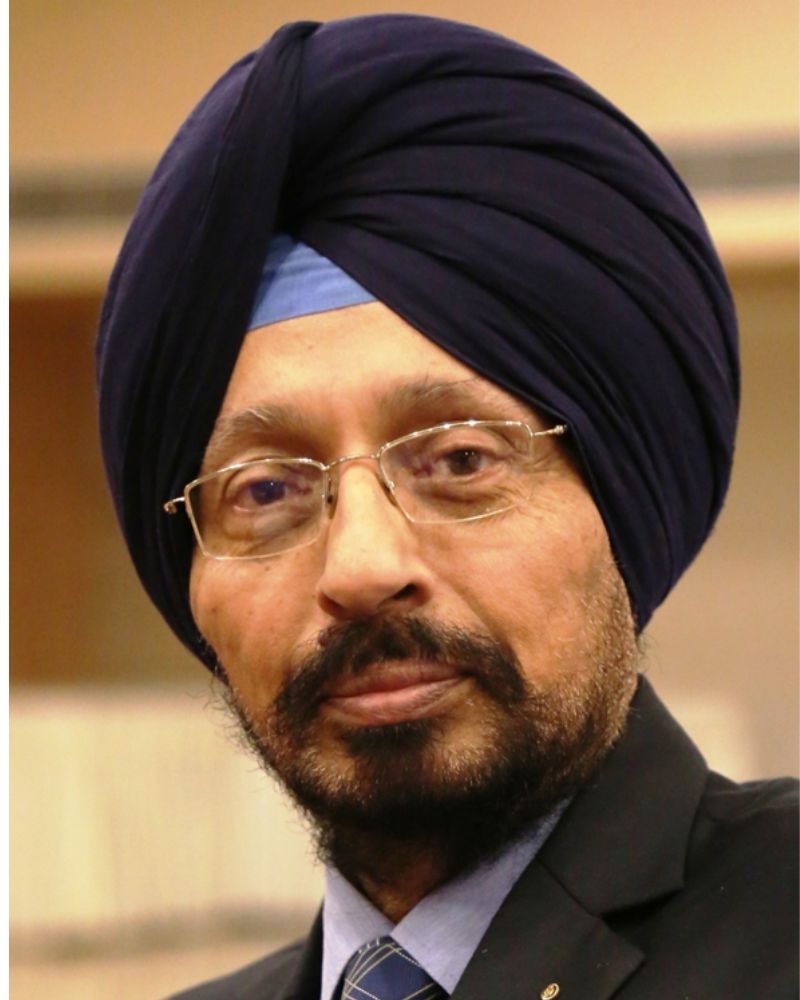
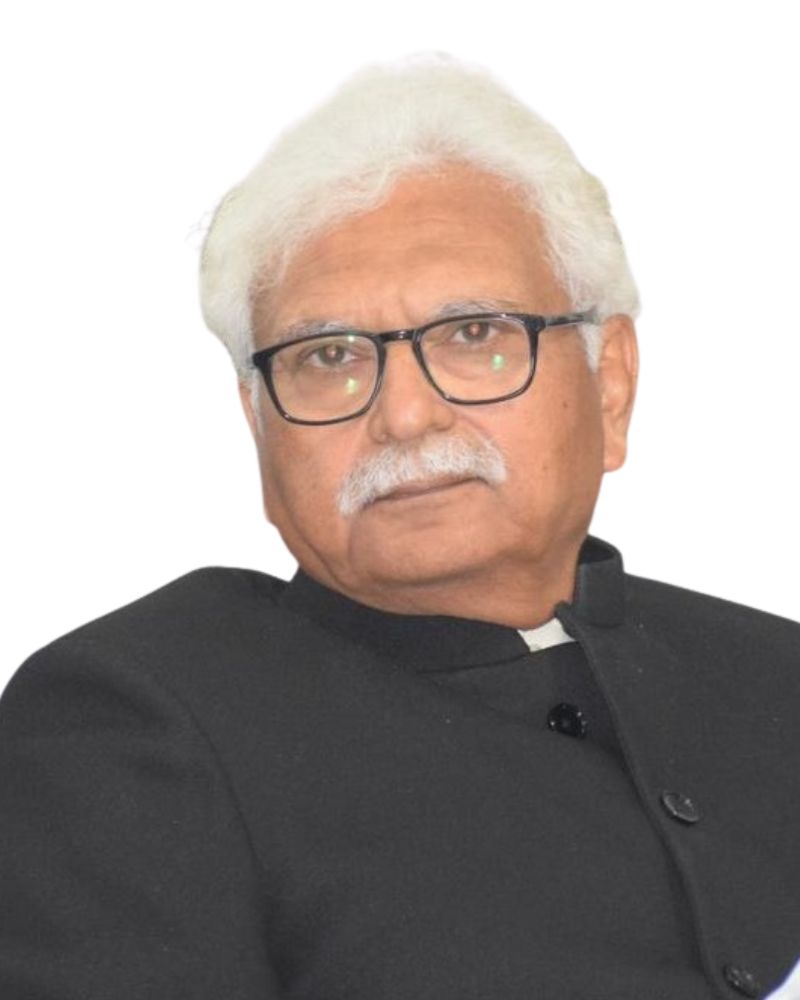
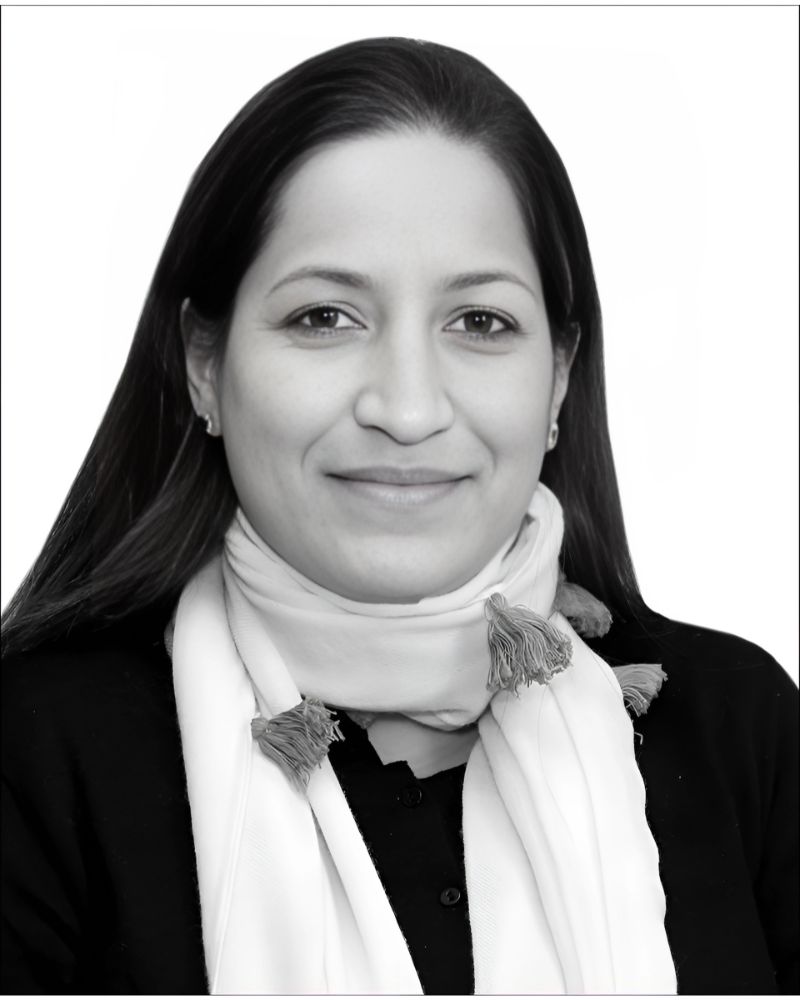
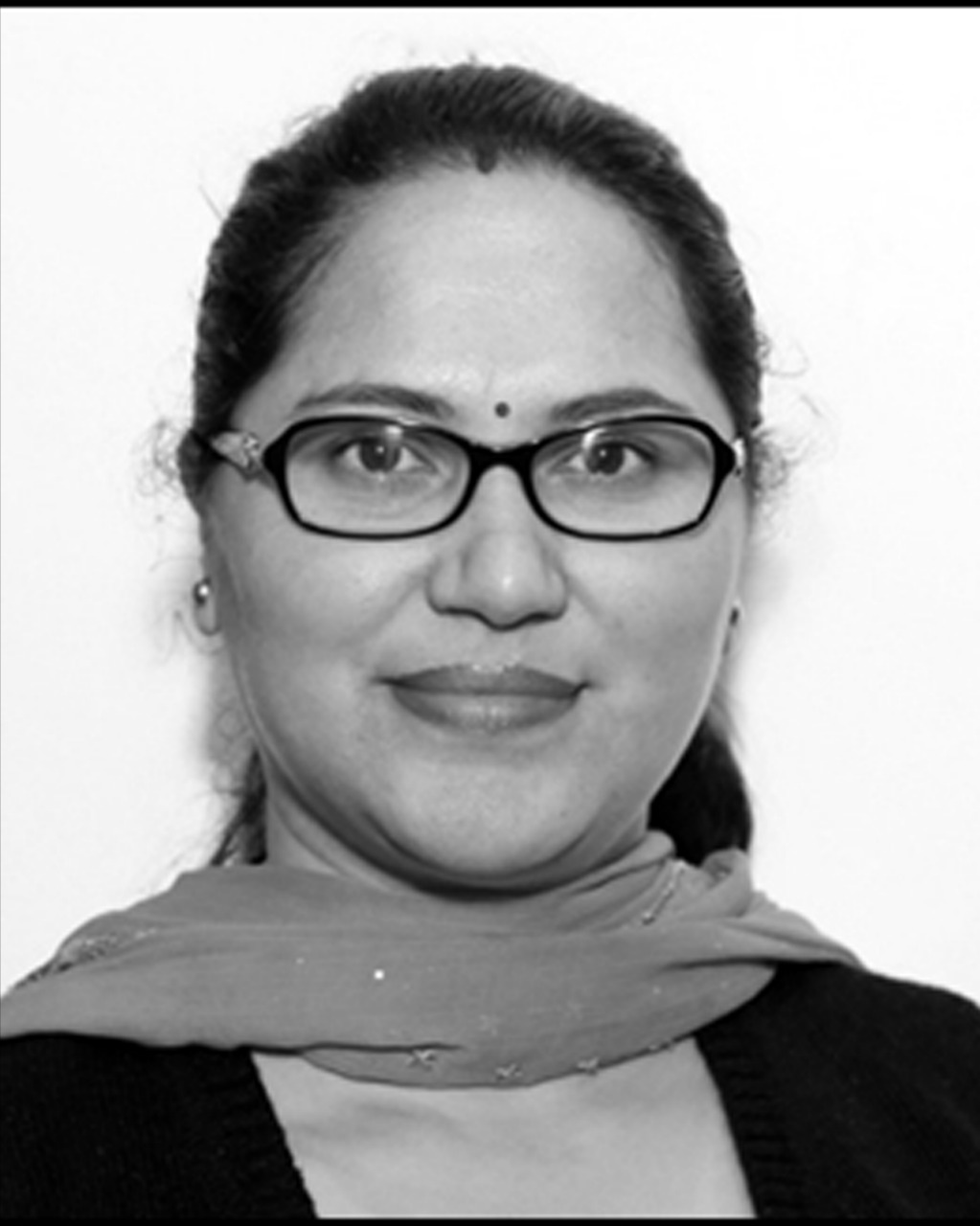

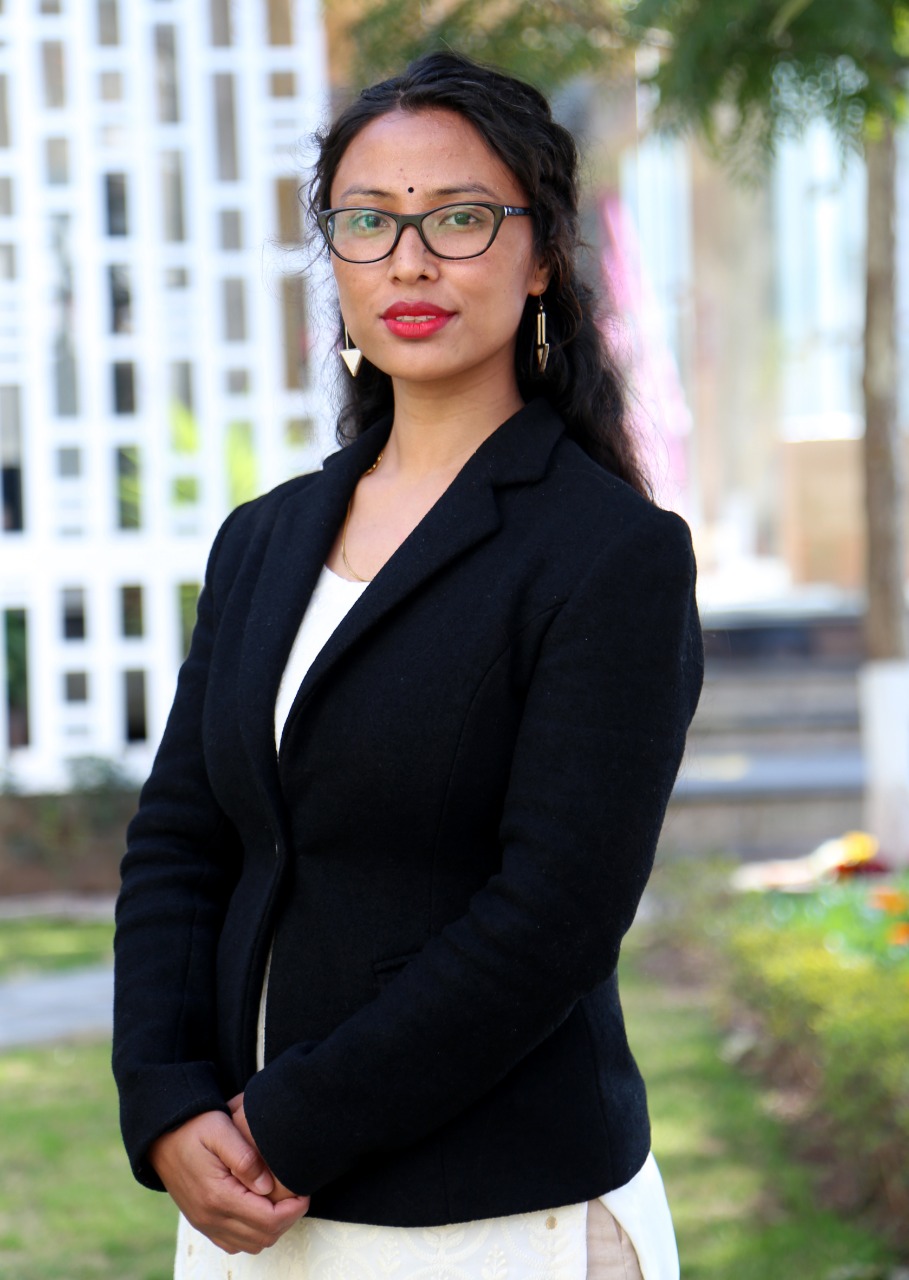


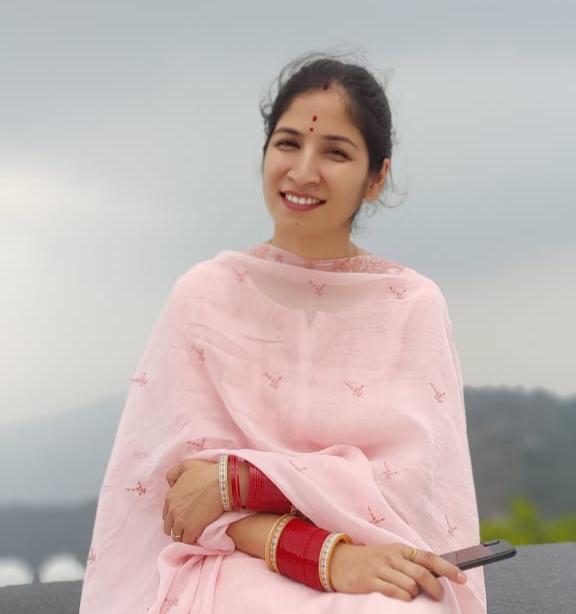
.jpg)
.jpg)




